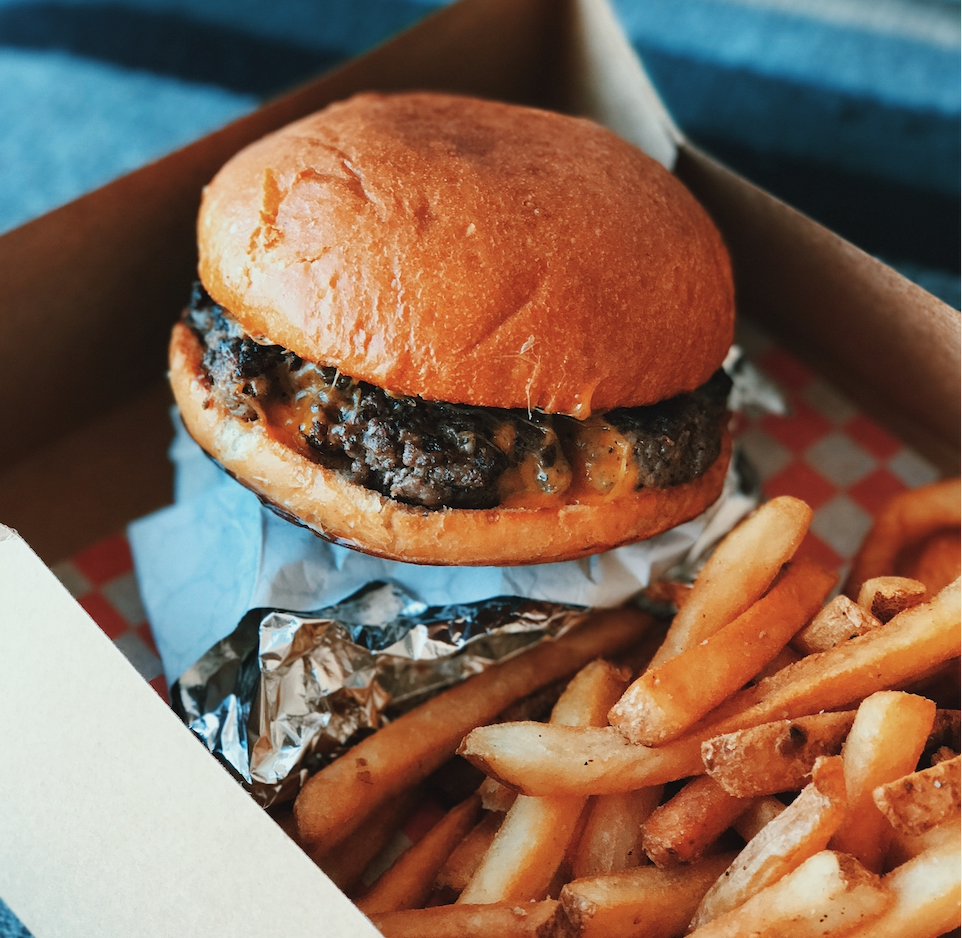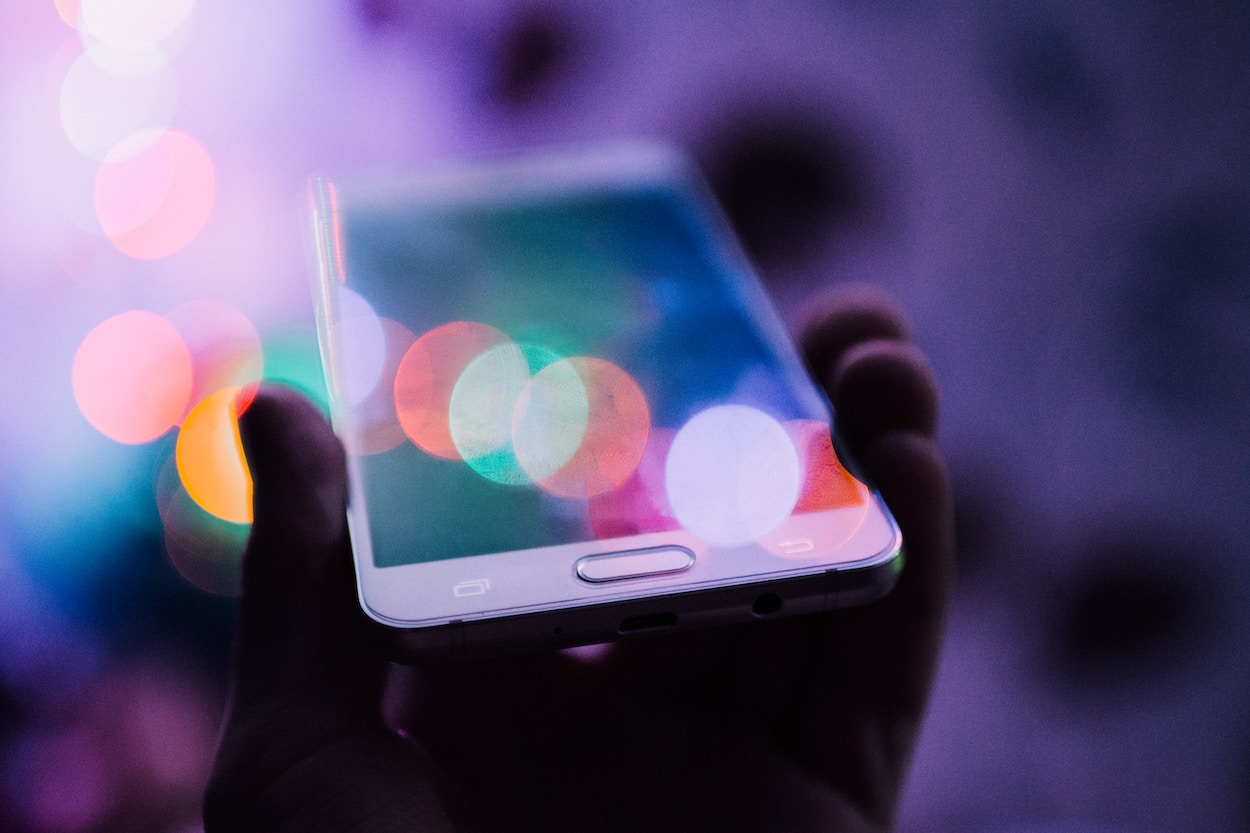Bogus COVID Vaccine Survey
As millions of Americans are being vaccinated against COVID-19, scammers are working hard to steal their money and personal information through bogus COVID vaccination surveys. This can be confusing especially since there is a ‘v-safe’ after vaccination health checker that you are asked to download at the vaccination site after your first dose. V-safe is a legitimate app, which is a smart-phone based tool that uses text messaging and web surveys to provide personalized health check-ins after you receive a COVID-19 vaccination. Literature from v-safe says, “Through v-safe, you can quickly tell CDC if you have any side effects after getting the COVID-19 vaccine. Depending on your answers, someone from CDC may call to check on you. And v-safe will remind you to get your second vaccine dose if you need one.” For more information, visit https://vsafe.cdc.gov/en/.
Although v-safe is safe and legitimate, scammers have developed a new trick to steal. It doesn’t matter if the vaccine received was Pfizer, Moderna or AstraZeneca, people all across the country are being asked to complete a one-time survey in exchange for a free reward but one that requires the victim to pay shipping fees. According to the Federal Trade Commission, “No legitimate surveys ask for your credit card or bank account number to pay for a ‘free’ reward.”
What should you do if you receive an email or text you’re not sure about?
– In order to prevent malware that steals your personal information, don’t click on any links or open attachments.
– Don’t call or use the number in the email or text. The first thing you can do is run a search of the company that supposedly sent the message by looking up their phone number online.
– Don’t give out any bank information, credit card or other personal information to any organization that contacts you out of the blue.
– Consider adding a filter to prevent unwanted text messages on your phone by contacting your wireless provider and/or utilizing a call-blocking app.
Be vigilant. Be strong. If you have any concerns or think you have been a victim of a COVID vaccination scam, please contact our Member Services immediately. We are always available for you 24/7/365 at 888.966.GUARD (4827).
Photo by National Cancer Institute on Unsplash.com












